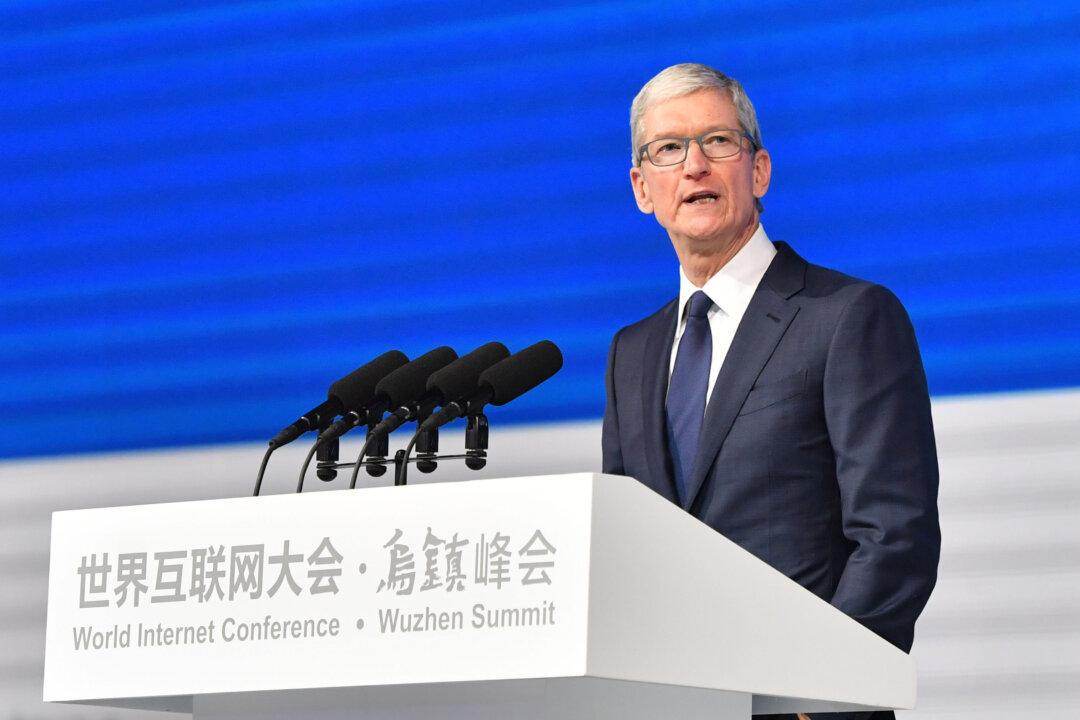In a massive proposed legal settlement, Apple Inc. has agreed to a $490 million settlement over allegations that CEO Tim Cook misled shareholders by concealing a decline in iPhone demand in China.
This settlement is the result of a class-action lawsuit spearheaded by Norfolk County Council as Administering Authority of the Norfolk Pension Fund in Norwich, England.





